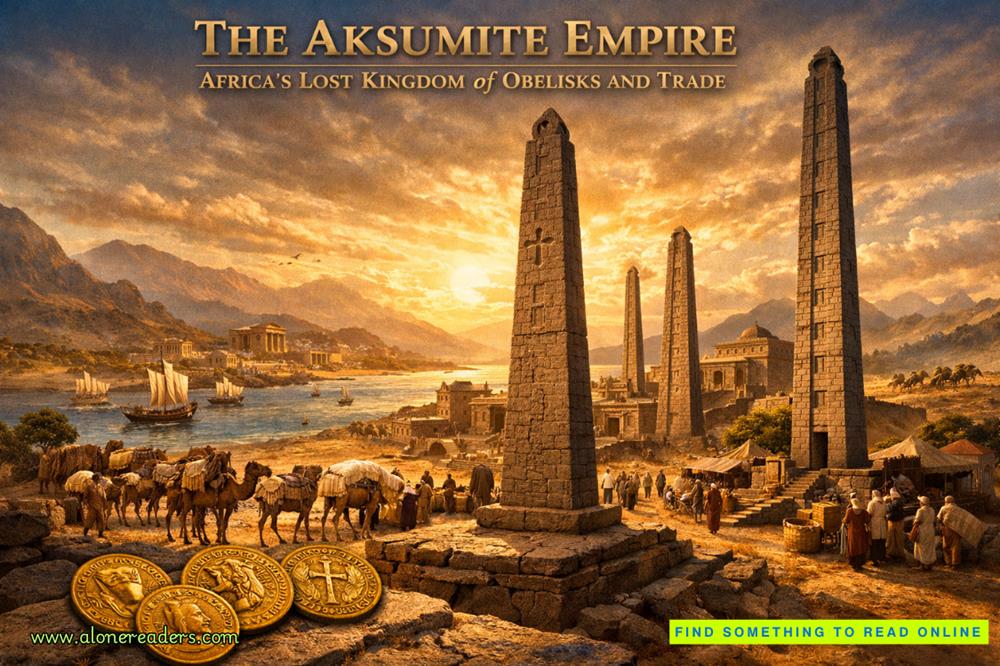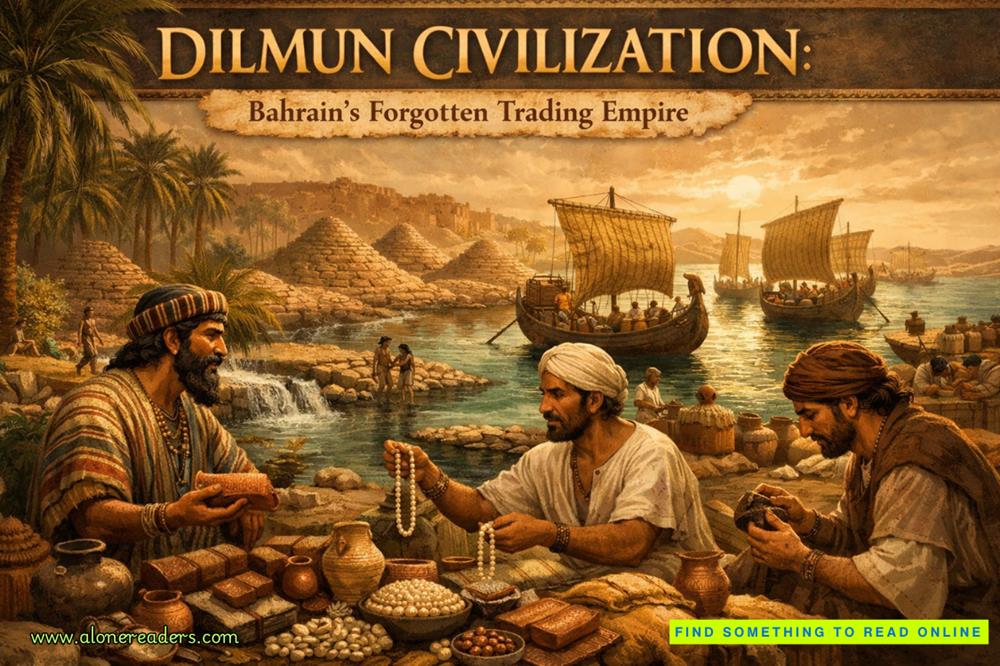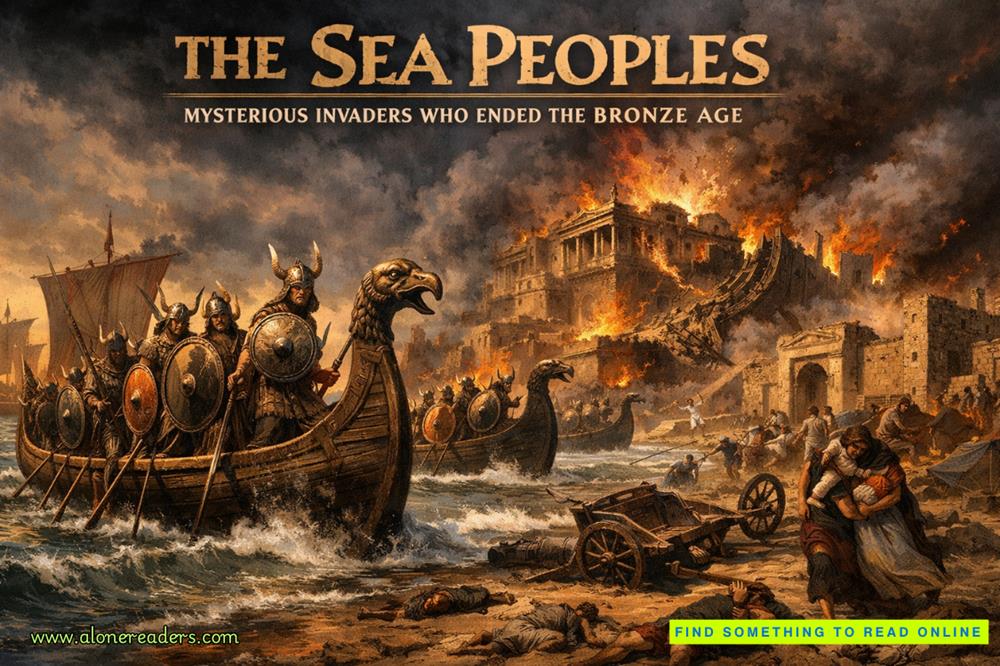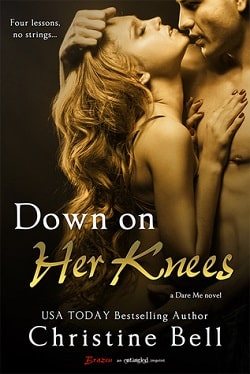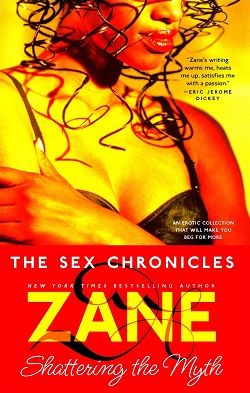Sandy Westmore d. 2009 at the age of 79. Had a successful career as a freelance journalist who covered the Civil Rights movement, the Stonewall Riots, and the domestic response to the Vietnam War. Moved to San Francisco in 1970. Not much is known about her after that, outside of a few publications in her name, including novels.
So, Sandy was gone. Thelma fretted as much, but she wasn’t surprised.At least she lived as she saw fit.And to live to almost eighty! What a blessing. Thelma filtered any grief she felt through the lens ofwhat a blessing.
As for the historical events Sandy covered… well, that was Thelma’s next stop.
Three weeks after arriving in the future, she attended her first history class that was tailored to people like her. This was where she met other time travelers for the first time… something that the instructor realized and took a moment to introduce her to everyone, as if she were a transfer student at a new high school.Almost makes me feel like a girl again…
“Everyone, this is Thelma,” the instructor, a thirty-something woman simply named “Bee,” said in front of the three other adults in the room. “Thelma just arrived from 1958. She’s only been here for a few weeks, so she’s still in a bit of shock. Hopefully, you guys can help her adjust.”
“1958?” quipped an older man in a plain green T-shirt and sporting voluminous gray facial hair. “Great! She can help me with my commie red scare homework!”
“That’s Jed,” Bee said in a low voice to Thelma. “He arrived here from 1907 a few years ago.”
“And he’s still taking classes?”
“Many chrononauts like to retake classes because we tailor the lessons to you. It’s an effective way to learn the history you’ve missed.”
It wasn’t Thelma’s first time hearing the term “chrononaut” to describe a time traveler. Yet it was her first time hearing it used socasually.And in front of this group of strangers? Who weren’t so different from her, despite their appearances and the decades they hailed from?
Perhaps she could navigate this, after all.
“Hi.” A Hispanic woman in a heavy pink sweater and pushing her long hair out of her face, greeted Thelma when she sat nearby. “I’m Jo. 18thcentury.”
Thelma did a double-take as Bee began writing with colored markers on the whiteboard. “I’m sorry? 18thcentury?”
Jo nodded. “I grew up in this area, but when it was under Spanish control. I traveled about twenty years ago.”
“My goodness…”
Jed leaned back in his seat, pen wagging toward Thelma’s face. “Jo’s the oldest of us here! Well, oldest in terms of how far she’s traveled. But you gotta understand, we Californians are babies compared to some of the chrononauts from other parts of the world.”
“They time-travel in other parts of the world?”
“Oh, sure, you’ve got Chinese travelers, European travelers… hell, there’s a fog zone in Tennessee I hear!”
“Hey, Jed,” Bee said over her shoulder, “let’s not overwhelm Thelma. She’s still new and getting used to it.”
Yet the older man did not let up. “That over there is Frank.” He pointed to a middle-aged man sitting in the front corner, his binder open but his pen tracing the outline of shapes instead of taking notes. “He came from 1983. Claims it’s the only way he finally gave up cocaine.”
Thelma gasped. Should she be hearing this?
“And that’s Lizzie.” That name went to a girl with black hair sitting in the back of the room, one of those phone devices in her hand as she texted faster than Thelma ever saw Miriam going at it onherphone. “Victorian times. She claims her daddy was a bigshot around here, but I was a kid when she disappeared and I ain’t ever heard of no Elizabeth Weaver.”
Lizzie glanced up from her phone. “We’re a ragtag bunch here,” she muttered.
“And we all go to group.”
“Group?”
Jed finished explaining before turning his attention back to the board. “Therapy. We’ll see you there, probably.”
Because of Thelma’s arrival, they were skipping the two decades the class was previously on (and had already studiedmany times) and going to the 1960s. Each class was once a week, with a decade taking two months to cover. That evening’s topic was the 1960 election, when John F. Kennedy Jr. beat Richard Nixon to become America’s youngest ever and first Catholic president.Imagine that. Catholic.Since Frank had lived through the ‘60s, he zoned out even more, but Thelma was glued to the lesson as she imagined what it would have been like to vote in that election.
Everyone was genial toward her. Heck,everyonehad been so nice and patient with Thelma that it was always a shock when Robbie finally stopped by to say hello at the FBI office and… merely sat there, staring at her with an acidic gaze.
“So, I’m learning about the ‘60s,” she said at their next meeting. It was her first time wearing denim jeans and a blouse in front of her son, who claimed to have not recognized her at first.It’s my hair.She still had her makeup from her purse, but without her curlers, her hair had flattened to just past her shoulders. The color may still be what her son remembered, but she was no longer the put-together housewife whose hand he would have held at the doctor’s office. “That John F. Kennedy sure sounded charismatic. I would have liked to have seen that.”
“JFK,” Robbie grumbled. “You’re talking aboutJFK?”




